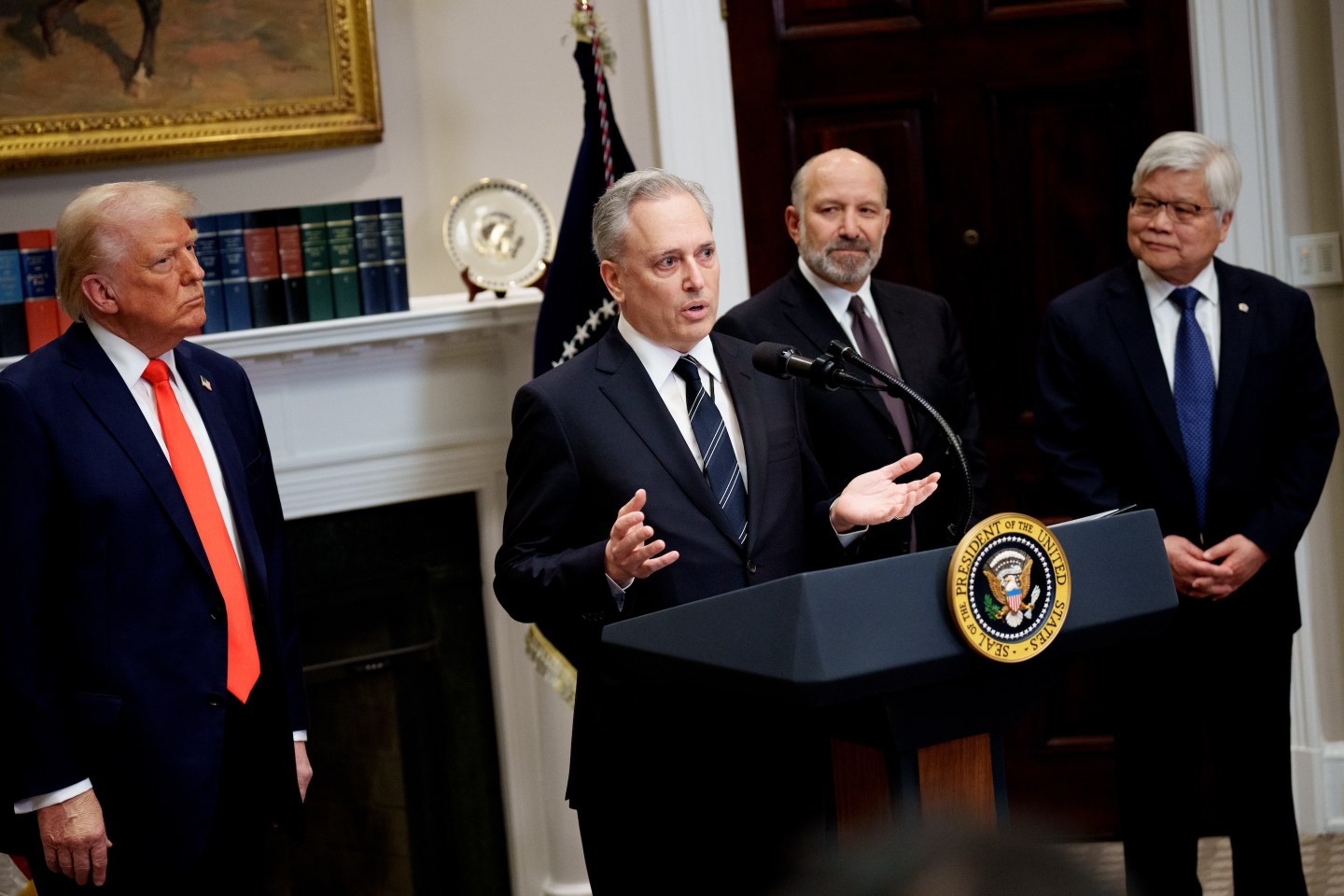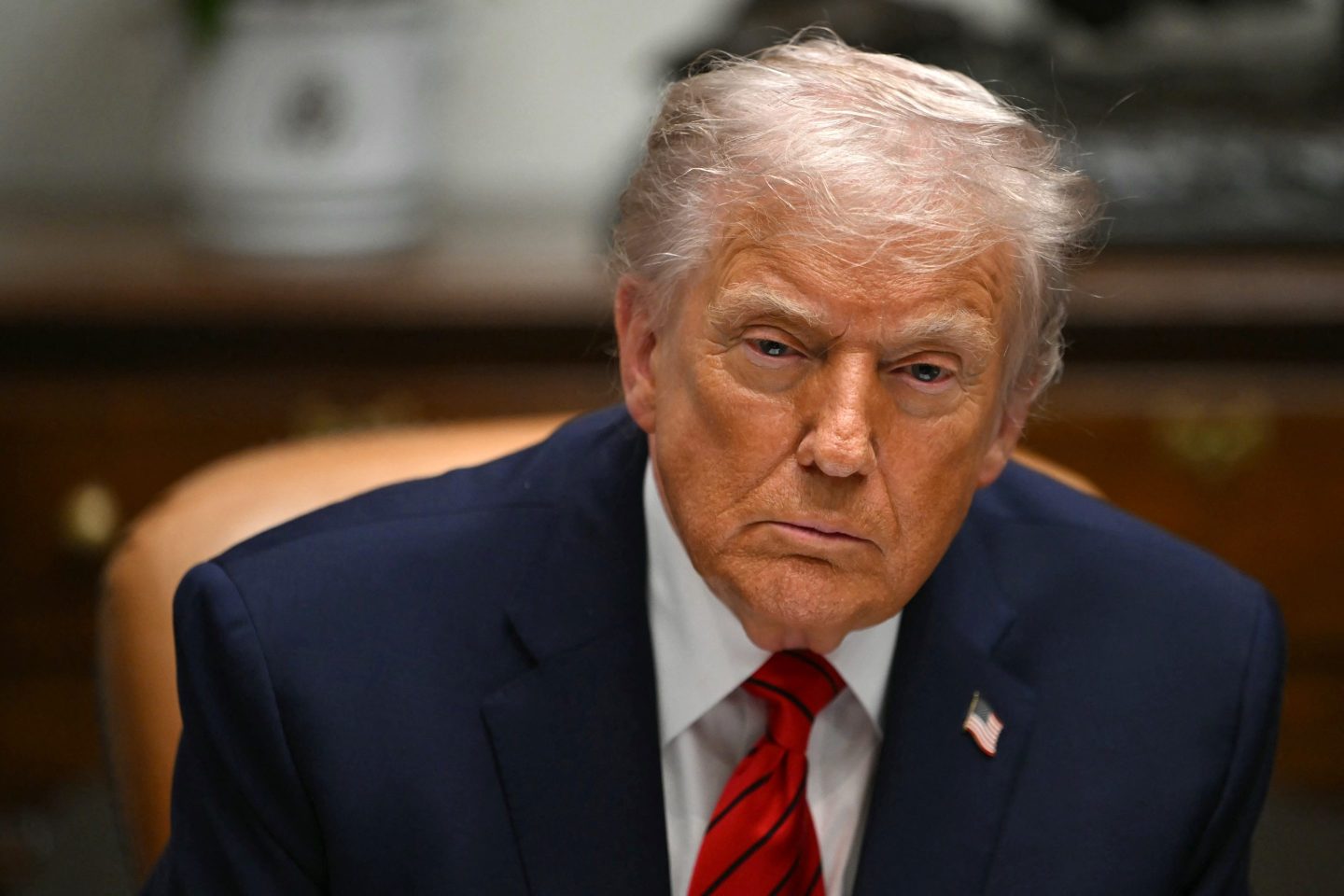FORTUNE — Here’s a twist in the government’s recent crackdown on insider selling: One of the main regulators tasked with policing the illegal practice may be instructing its employees to do just that.
Securities and Exchange Commission employees regularly sell shares of companies in their personal portfolios that come under investigation by the agency before those investigations become public. Indeed, in many instances such employees are required to do so, and the sales are approved by the SEC’s compliance staff. What’s more, the advanced selling appears to allow SEC employees to systematically beat the market.
The SEC’s questionable stock-trading policy for its employees came to light on Monday following the publication two weeks ago of a study of the trading records of SEC employees by an Emory University accounting professor and a graduate student. The study, which looked at 3,500 trades made by SEC employees during a little over a two-year period, found that SEC employees weren’t any better at picking stocks than the rest of us. But they were better at selling them. According to the study, the stock sales allowed SEC employees to “systematically dodge the revelation of bad news in the future. This fact pattern is consistent with the greater informational advantage related to potential enforcement activities that employees of a regulator are likely to enjoy over other market participants.”
MORE: What the insider trading guilty verdict means for hedge fund king Steven Cohen
In response to a story about the study on the Washington Post‘s Wonkblog, SEC spokesperson John Nester told a Post reporter that the well-timed stock sales shouldn’t be a surprise. He said SEC staff are required to sell shares of companies before they work on an investigation of that company.
Shivaram Rajgopal, who authored the SEC trading study along with doctoral student Roger White, called the policy “bizarre.”
“It basically hardwires the possibility of insider trading at the SEC,” says Rajgopal. “I am really surprised that’s their policy.”
While it makes sense the SEC employees shouldn’t own the shares of companies they are investigating, there are much better ways to protect against conflicts of interest than allowing employees to potentially benefit from non-public information. For instance, Rajgopal suggests, the SEC could bar its employees from owning individual stocks. (Considering that his study found that, as a group, SEC staffers were pretty lousy at it, as most individuals are, that change makes sense for a lot of reasons.)
The government regularly includes avoided losses as part of what they consider ill-gotten gains in insider-trading cases. For instance, the government charged Mathew Martoma, the former employee of hedge fund SAC, for netting $276 million from insider trading. Nearly of all that was from selling the shares of a biotech company shortly before the company announced that its promising drug had failed in trials. Martoma was found guilty of insider trading in early February.
MORE: What is insider trading?
Rajgopal says the SEC’s policy is particularly odd because it pushes strict disclosure rules for stock analysts and others it regulates. Accountants and journalists are also regularly barred from owning stocks. Rajgopal says there may be a fear that banning SEC employees from owning stocks will make it harder for the agency to recruit. But he says there is no evidence that smart people have fled those other regulated sectors. (Some of my readers clearly disagree.)
The SEC does ban its employees from owning bank stocks, but that only started after the financial crisis in 2010. And prior to 2009, SEC employees didn’t even need pre-approval to buy and sell stocks. They have been long banned from buying into IPOs, short-selling, and buying on margin. All good ideas, though it’s not exactly clear why such activities should be off-limits for SEC staffers.
The good news, Rajgopal says, is that the SEC is now keeping data on the stock trades of its employees and is willing to make it public. That doesn’t appear to be the case at other agencies. Rajgopal said the SEC released the stock-trading data about a year after his freedom of information act request. Other federal agencies have told him and his co-author to essentially get lost.
MORE: Wyoming state investment chief charged with insider trading
The Federal Accounting Standards Board told the professor that it wouldn’t turn over the information and that it didn’t have to because it wasn’t technically part of the government. (The board is sanctioned by the SEC, but it is actually a private organization.) The Federal Drug Administration said it only keeps stock-trading records on senior level employees. That agency also declined to turn over records. Rajgopal is still waiting for a response from the Treasury Department, the Federal Reserve, and the Department of Justice. Recently, the Federal Reserve has begun to disclose the stock holdings of its board of governors and regional bank heads.
“Anytime regulators are allowed to hold stocks, there might be a cost,” says Rajgopal. “Even if it is all kosher and legal, it will raise conflicts of interest.”











